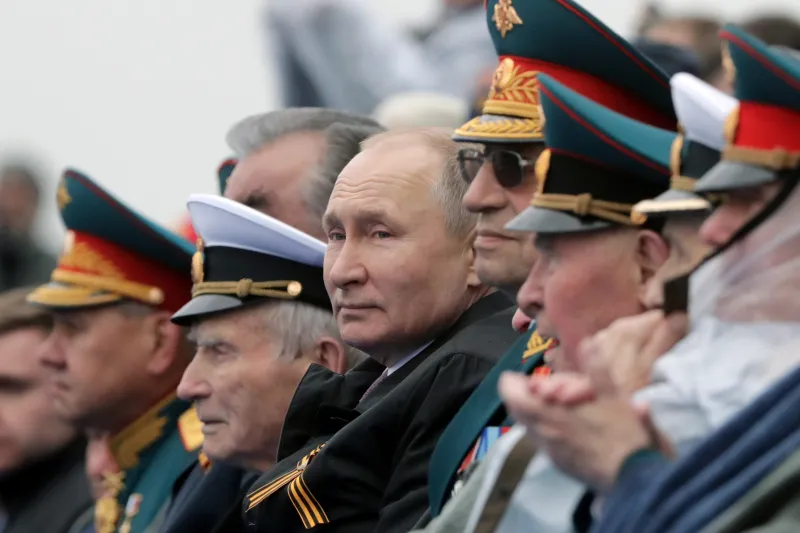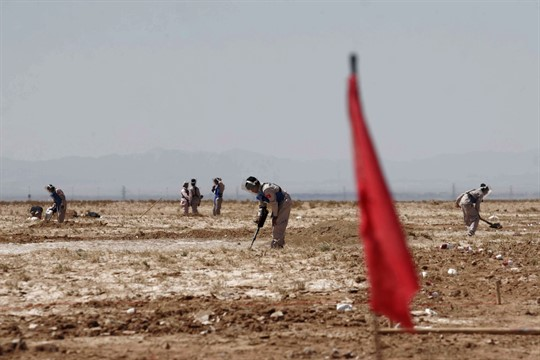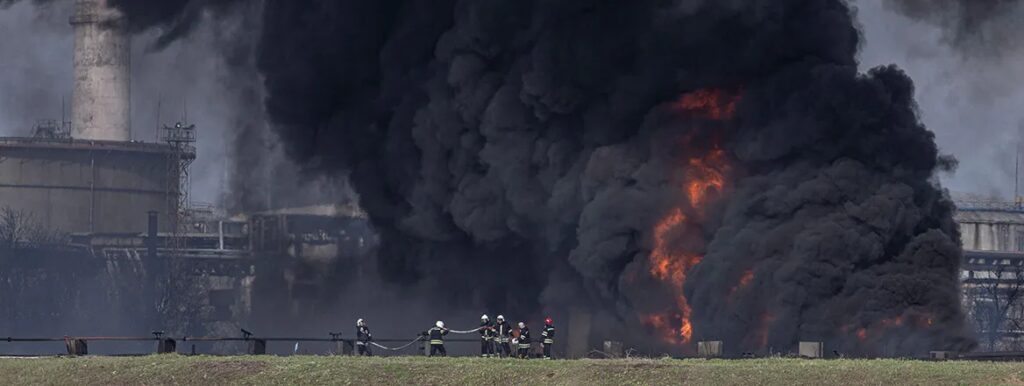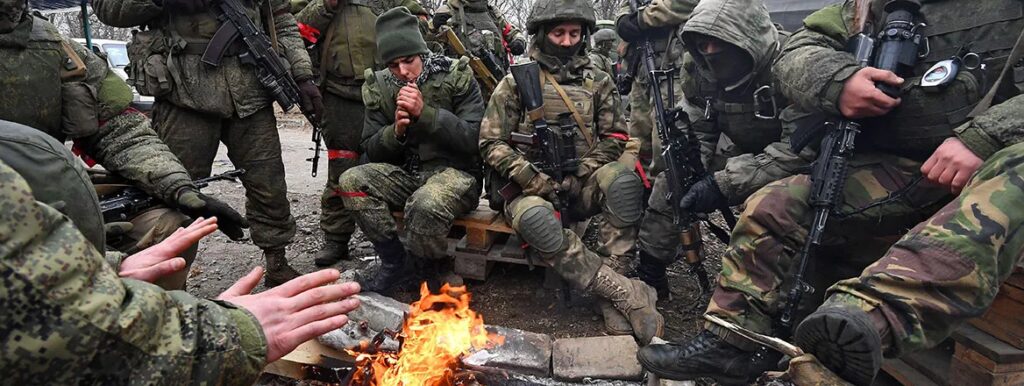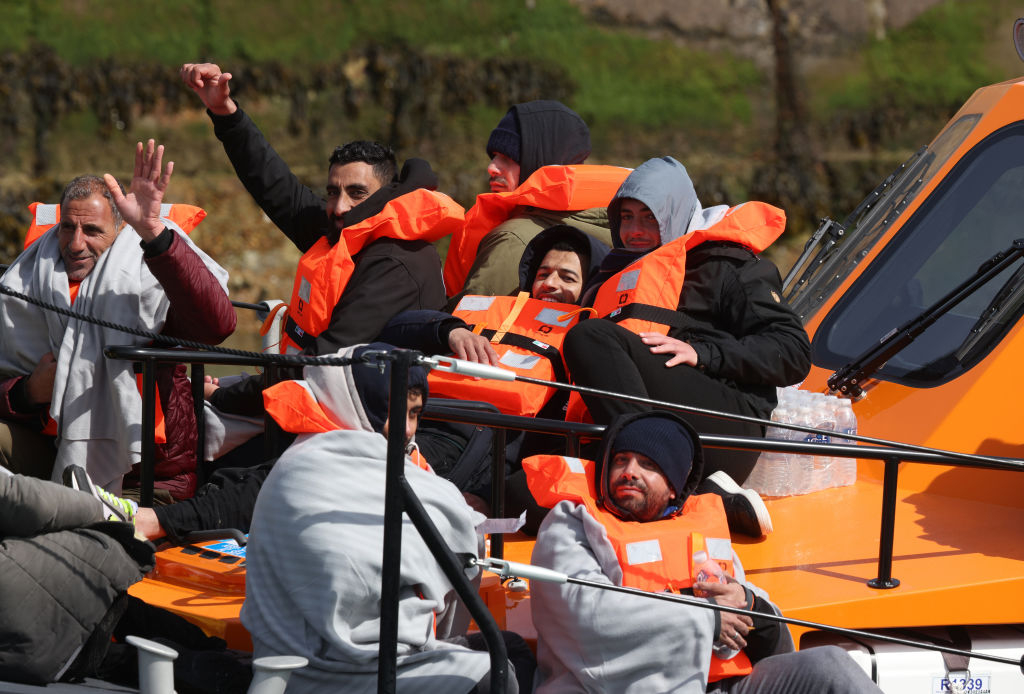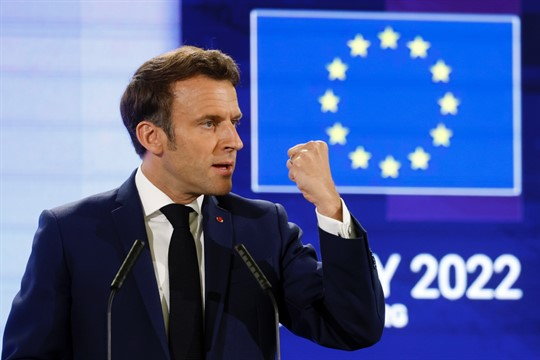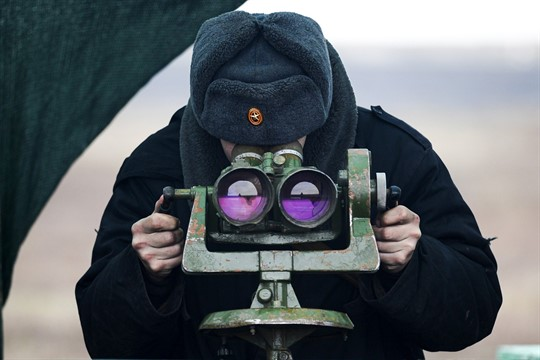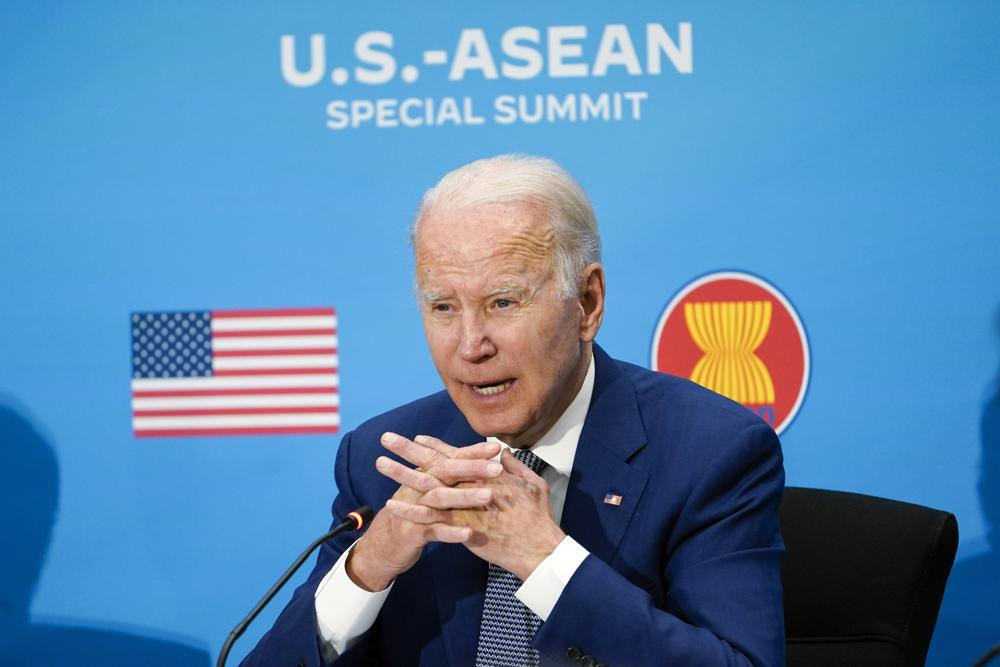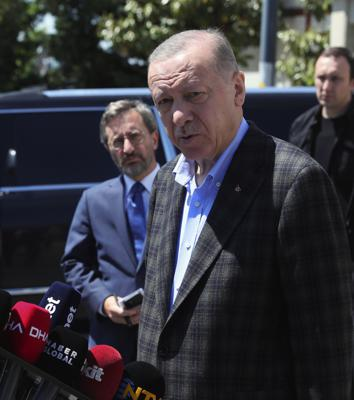The EU and the Biden Administration Give in to Iran’s Mullahs
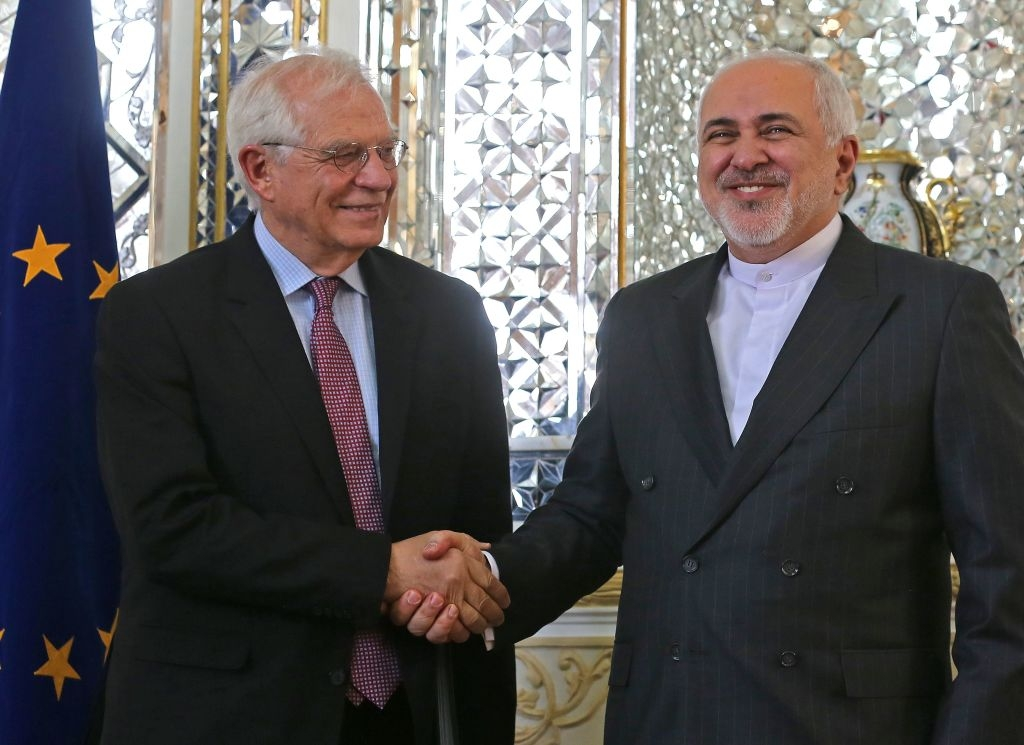
The European Union is basically admitting that it views the nuclear deal with Iran’s ruling clerics from the perspective of economic opportunity. That should not be the objective of the nuclear talks. Instead, European leaders ought to be seeking a strong deal that will prevent the Iranian regime from acquiring nuclear weapons, especially — as they should have learned from Russia by now — because those nukes may soon be aimed at their countries.

